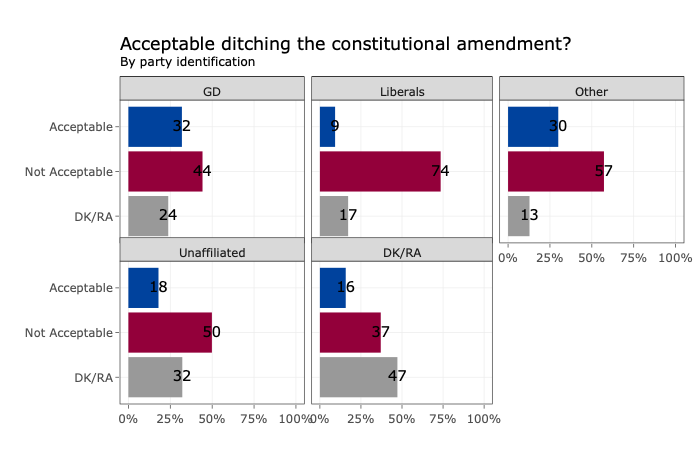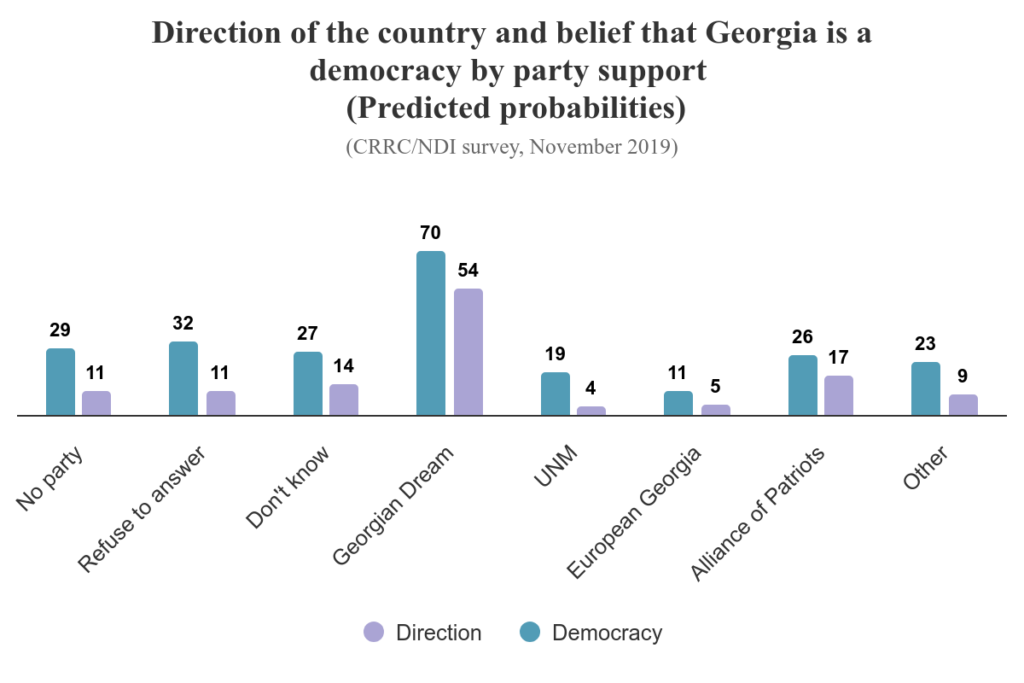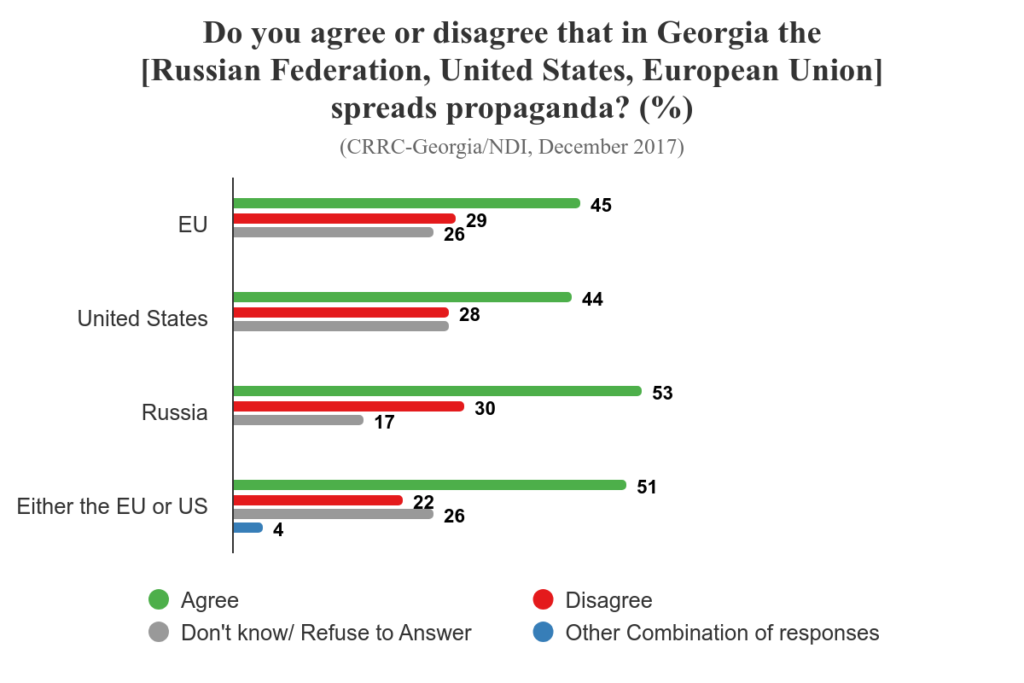
On 8 March, Georgia’s political leaders agreed on a new electoral system under which 120 seats will be allocated via proportional elections and 30 seats will be allocated via direct election of candidates.
The long-fought-over electoral reform was a compromise…



